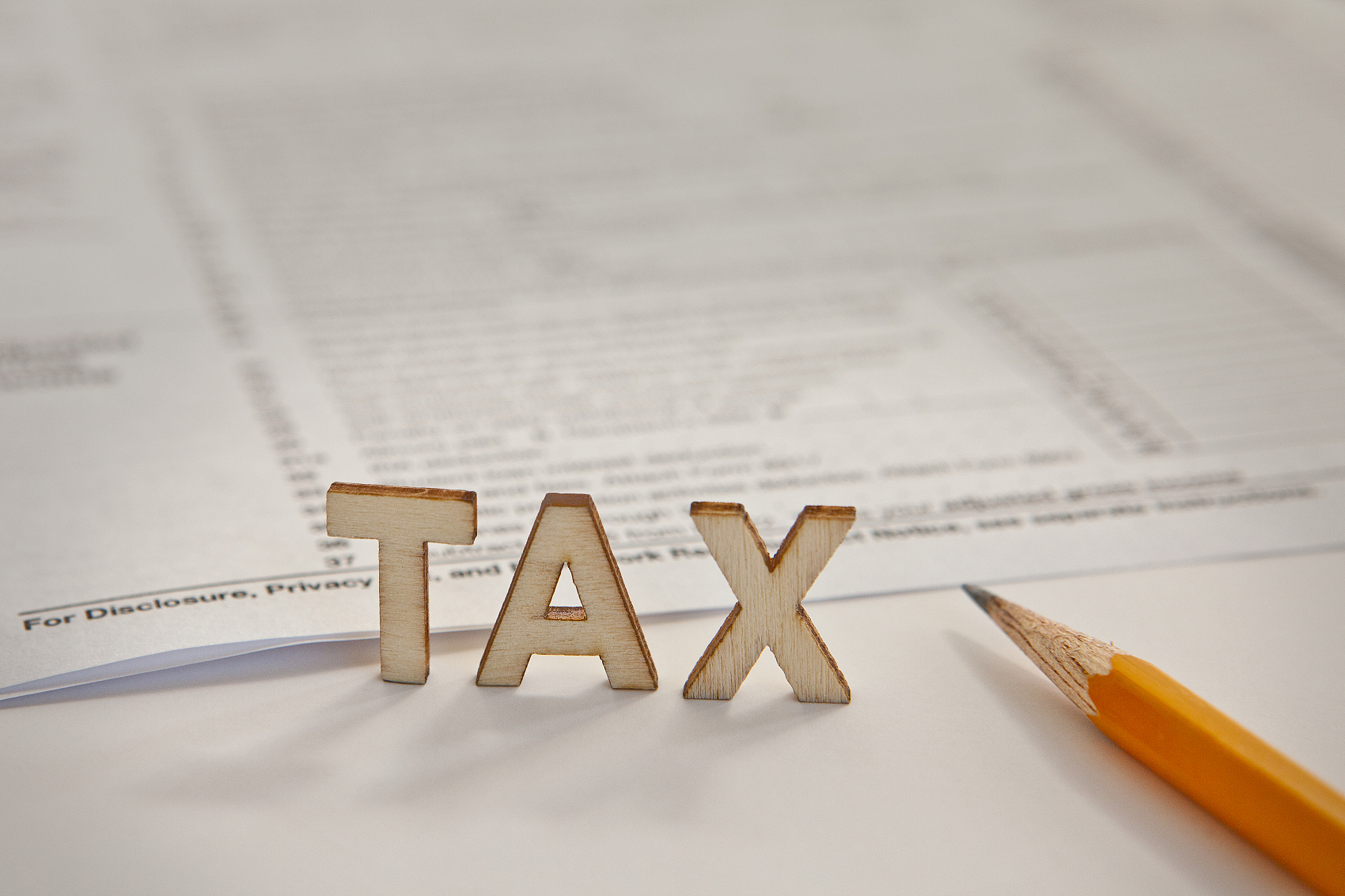
(Photo: VCG)
China has further improved its tax environment by rolling out measures for tax services in order to boost business development.
Last November, the country’s State Taxation Administration issued specifications for tax service as well as tax collection and administration, so as to promote uniform and standard online tax services and furthermore to simplify relevant procedures.
Fan Yong, a professor from the Central University of Finance and Economics, said online tax service prevails in China now.
Online tax service is available for all tax authorities in the country, including collection of tax-related information, application and payment, invoice, tax preference, and handling of certificates, Fan said, adding that only 10 percent of China’s tax authorities provided online service in 2012.
The Hengqin New Area in Zhuhai in southern China’s Guangdong province is a leader in taxation-friendliness. As 90 percent of enterprises in Hengqin only set up their headquarters there, with their business address in Beijing, Shanghai, Hong Kong, Macao and other cities, they had to pay high costs for taxation in the past.
Now, local taxation bureau in Hengqin provides online services generally covering all tax-related matters through its remote visual taxation service platform V-Tax. Since the launch of the terminal, over 12,000 taxpayers have used the online service, with half of them from Hong Kong and Macao. These taxpayers have searched or downloaded more than 50,000 electronic invoices from the platform.
Review procedures have also been greatly simplified. In Beijing, 119 items under five categories for matters related to tax and fee payment without the need for a second visit were increased to 162 items under 12 categories, accounting for 87 percent of the total in the city.
“When enterprises spend less time and use fewer resources handling tax-related matters, the overall business environment will become better,” said Li Xuhong, director of the Research Institute of Fiscal and Taxation Policy and Application under the Beijing National Accounting Institute.
More importantly, tax and fee cuts have greatly boosted the development of enterprises. Last year, China cut more than 2 trillion yuan of taxes and fees.
Statistics show that research and development input of 426 of China’s top 500 companies soared 21.7 percent since last year’s value-added tax reform. In 2019, tax and fee cuts drove the country’s GDP up by 0.8 percentage points.
Optimized tax services, as well as tax and fee cuts, will boost business development in a sound tax environment, thus promoting high-quality development of China’s economy, Li added.


